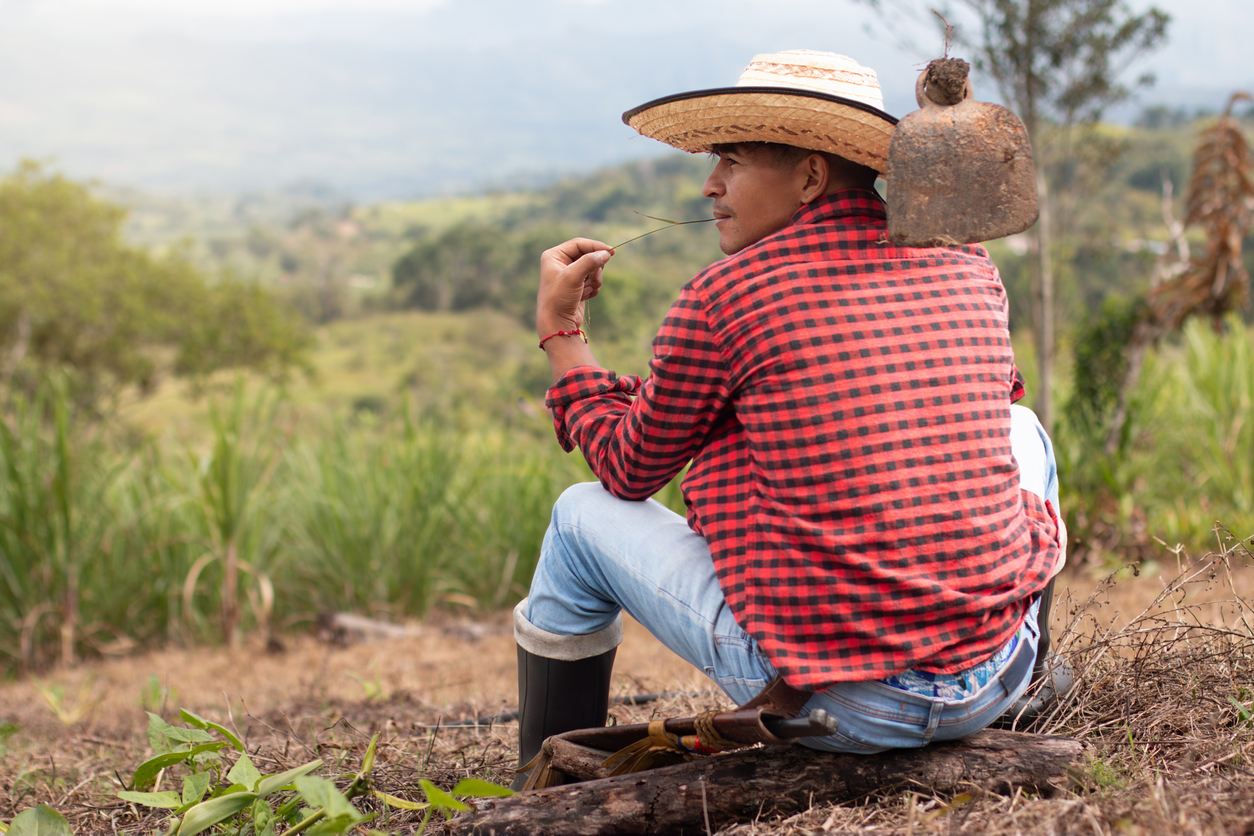We are a nation that celebrates with food. Birthdays are synonymous with cake and ice cream. Easter is all about eggs and chocolate. Halloween is everyone’s favorite day for candy (or potatoes if you swing by the Washington State Potato Commission Executive Director’s home).
But the ultimate in food-related holidays is Thanksgiving.
This Thanksgiving, Americans will consume about 46 million turkeys, about 77 million hams, about 250 million pounds of potatoes, about 50 million pounds of sweet potatoes, and about 40 million rolls to celebrate the holiday. Farmers and ranchers are rarely at the forefront of people’s minds when the dig into their Thanksgiving feasts. Rather, we consider the time it took to prepare the food, the recipes handed down from one generation to the next, or the people with whom the meal will be shared.
Yet farmers have been struggling. In Washington state, the number of cultivated acres lost over the last ten years is approaching a million. Labor costs have risen sharply. Legislators have stripped farmers of the agricultural exemption to overtime rules even while farms are disappearing at an exponential rate and farmworkers suffer the consequences of lesser incomes or no jobs at all. Washington is one of only two states (the other being Hawaii) to tax farm equipment as they do vehicles, increasing the cost of new farm equipment by tens of thousands of dollars or more.
Throughout the United States there are regional traditions and familial preferences, but our Thanksgivings are celebrations of abundance exemplified by food. It is a celebration of “plenty,” a festival of the abundant supply of “good things,” symbolized by the mythical symbol of abundance, the cornucopia.
However, even as people celebrate the abundance of food we are afforded in this country, the people who have produced it will continue to struggle to be understood and respected.
Many without ties to agriculture decry claims they hear about farming and ranching, suggesting subsidies are government bailouts for food producers that make them wealthy. The data says otherwise. Increasingly American farmers and ranchers rely on second jobs to make ends meet and, in 2025, total net farm income is projected to be -$1,189 per farm.
Many believe most of America’s farms are “factory farms” run by large corporations like Tyson and Cargill. Again, the data says otherwise. The most recent Census of Agriculture conducted for the U.S. Department of Agriculture (USDA) tells us 88 percent of American farms are “small, family owned farms.” The USDA categorizes “small” farms as those which earn less than $350,000 in gross revenue annually, like any small U.S. business. Agriculture is not a job of monetary wealth but rather one of families doing what they can with what they have.
Among some activists, it’s popular to claim farmers and ranchers degrade the environment and should be held responsible via strict government regulation. Again, the data say otherwise. Agriculture contributes just 10 percent of total greenhouse gas emissions in the U.S., according to the Environmental Protection Agency. Farmers and ranchers have also reduced water use dramatically since its height in the 1960s. Irrigation peaked at just over 2-acre feet of water per acre and has declined to an average of about 1.5-acre feet of water per acre, saving approximately 163,000 gallons of water per acre.
America’s food producers have adapted to the desires of their consumers by doing more with less – using fewer acres to produce more food and doing so more efficiently as the children of farmers and ranchers leave their homes in favor of jobs in urban areas. As fewer people work on farms, it reduces the number of people who understand where our food comes and how it is produced.
As Thanksgiving approaches, let us take a moment to give thanks for what we have – our health, family, friends, a state with nearly unmatched agricultural diversity and a nation of boundless opportunity. Let’s also remember the farmers, ranchers, and farmworkers who are directly responsible for the food gracing our holiday tables. If we want to stop the disappearance of our farms and cultivated land, let’s eliminate the uncompetitive regulations and burdens we’ve placed on our farming families, starting with lifting the unfair tax on farming equipment.






